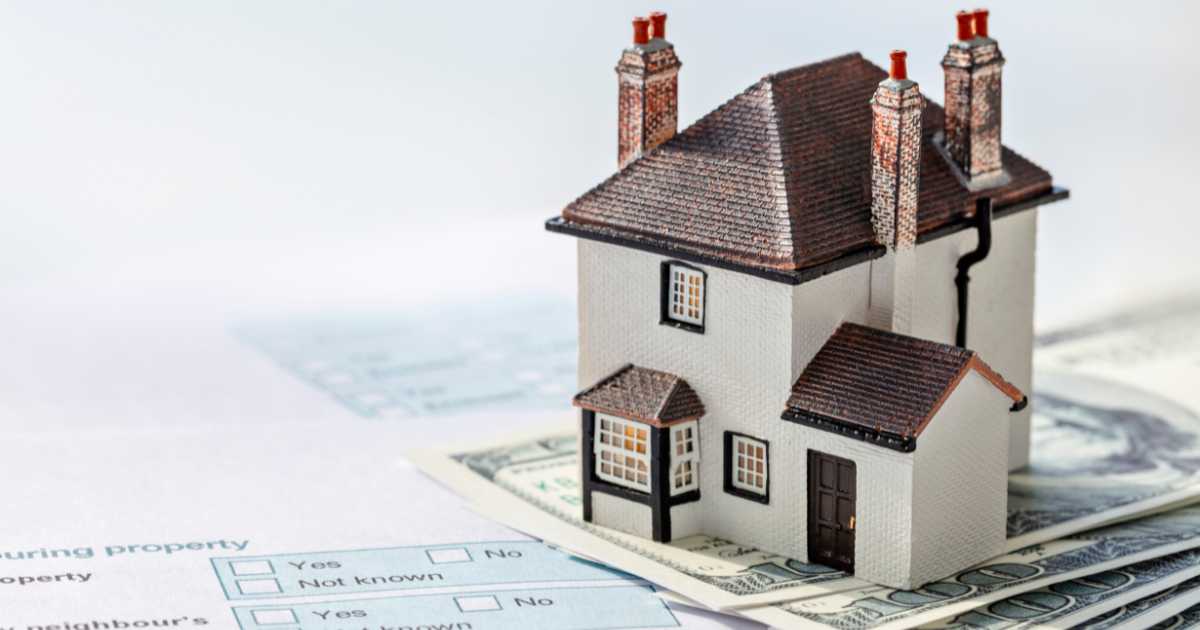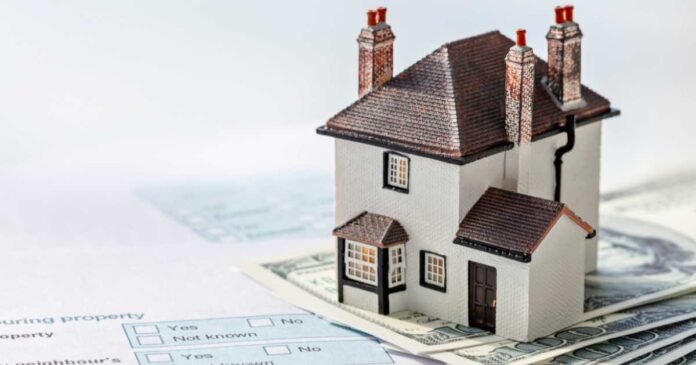
Everyone always says “invest in property”, but is it still a good business investment? Whether you are a business looking to purchase property for office or warehouse space, or to start a property management business, Aneeqah Andrews, founder of Property Group Pty Ltd, shares insight about market trends and practical considerations for SMEs looking to leverage real estate for growth.
“Yes, investing in property is still a good business decision – if approached strategically,” she highlights. “In 2025, lower interest rates and rising demand create strong opportunities for SMEs.”
She mentions that SMEs can:
- Generate income through buy-to-let properties with yields above current lending rates.
- Secure affordable commercial space as some businesses downsize or restructure.
- Flip undervalued properties for profit, provided cash flow and budgets are well managed.
“Partnering with a qualified property practitioner helps SMEs identify high-yield opportunities and reduce risk. The key is making property investment work for your business, either as an income stream or a long-term growth asset.”
Starting a Property Business
“Starting a property business can be a solid long-term strategy, but it requires careful planning and market understanding,” Andrews says. “Property can generate recurring income, appreciate over time, and diversify your portfolio. With the right plan and expertise, a property business can offer long-term wealth-building potential, flexible work options, and opportunities for recurring income – even though revenue can vary at times.”
Andrews states that SMEs should consider:
- Upfront and ongoing costs: registration with PPRA (Property Practitioners Regulatory Authority), CPD (continuous professional development) fees, operations, and income variability.
- Market positioning: residential sales, rentals, commercial, or flipping.
- Access to capital and cash flow for deposits, renovations, or lean periods.
- Flexibility to balance business with family responsibilities (especially as a mompreneur).
Trends to Consider in Booming Property Markets in 2025
“In Cape Town, for instance, the demand for student accommodation remains high due to the number of reputable schools and universities in the area. Affordable properties that cater to student needs are increasingly popular. They often include amenities such as coffee shops, high-speed fibre, and communal spaces. These features often form part of mixed-use developments.”
It’s therefore important to pay attention to spaces that are in high demand and attempt to meet the needs of the client.
According to Andrews, the rise of remote work has also brought about a shift in buyer behaviour. “Many are opting for ‘semigration’, relocating to more scenic areas in search of a better quality of life. This trend is opening up investment opportunities in regions that were once possibly undervalued.
“In addition, commercial properties are gaining traction, as some offer the potential for higher returns compared to traditional residential investments.”
She highlights that to navigate these opportunities and reduce risk, it’s important to discuss diversifying your property portfolio with a registered property practitioner. “Their expertise can help you identify emerging trends, mitigate risks, and build a strategy that aligns with your goals, whether you’re targeting student housing, mixed-use spaces, or potential for higher returns compared to traditional residential investments.”
Good News for Property Developers
“With the South African Reserve Bank reducing the repo rate to 7,0% and the prime lending rate to 10,5%, this has come as positive news for both current and aspiring homeowners. It’s the third interest rate cut this year, bringing much-needed relief to existing bondholders and offering new opportunities for those looking to enter the market.
“This reduction makes it slightly easier for prospective buyers to qualify for home loans and improves affordability, particularly for first-time buyers, who may now feel more confident to take the leap into homeownership.
“However,” Andrews warns. “There remains uncertainty, especially regarding the potential impact of tariffs, global economic turbulence, and the local business climate. Many businesses are currently undergoing rescue or restructuring, which means that property auctions may increasingly become a lifeline for both companies and savvy investors looking for value.”
Practical Guidance about Leasing, Buying, and Investing
Andrews concludes with the following advice for SMEs who are considering leasing, buying or investing in property:
- Investing in rental property can be an attractive option, especially since financing is often available with a minimal down payment. However, small and medium-sized enterprises should be mindful of hidden or unexpected costs, such as maintenance expenses or the need for contingency funds when tenants delay rent payments or when the property sits vacant.
- Appointing a qualified property practitioner is invaluable. They can provide expert advice, market insights, and strategies to help you diversify your portfolio effectively.
- While flipping properties can yield high returns, working with a property practitioner can help you identify properties with intrinsic value, allowing you, as the investor, to reduce costs and risks by avoiding the need for major renovations before resale.







